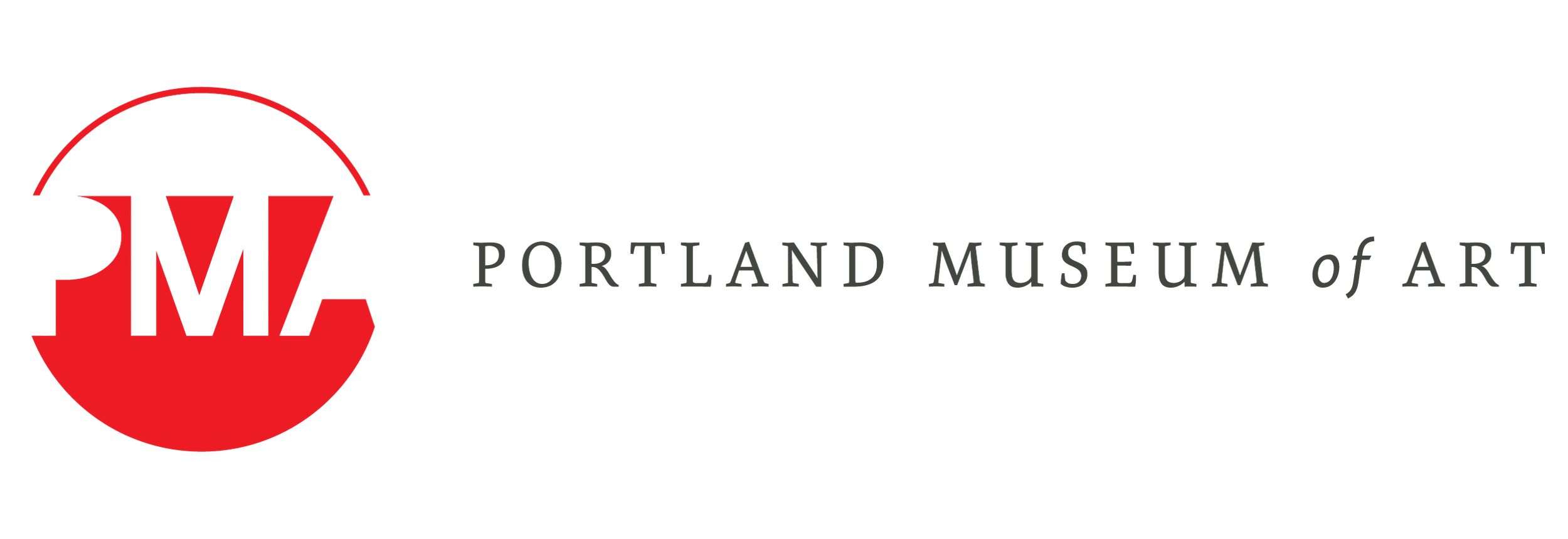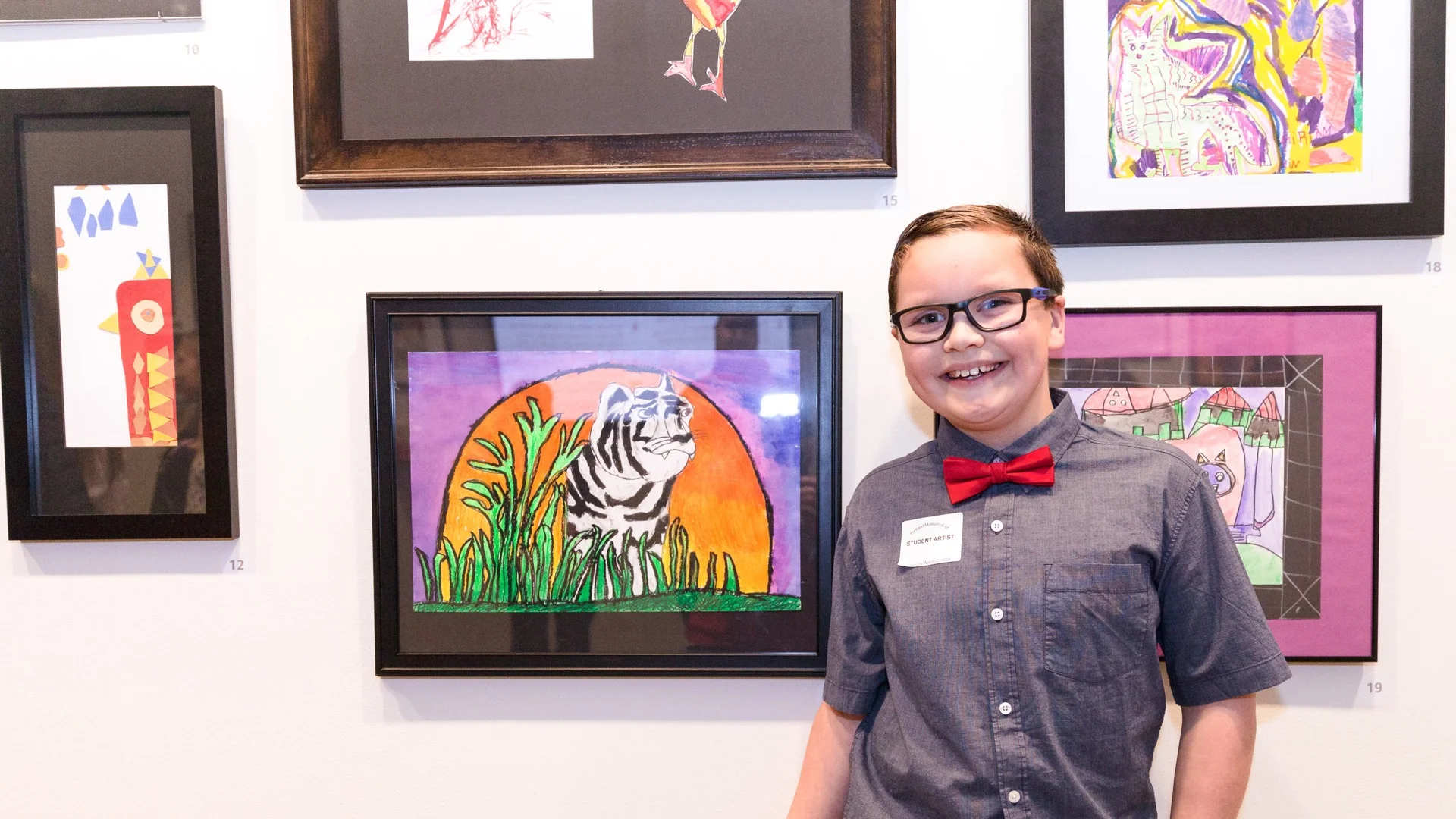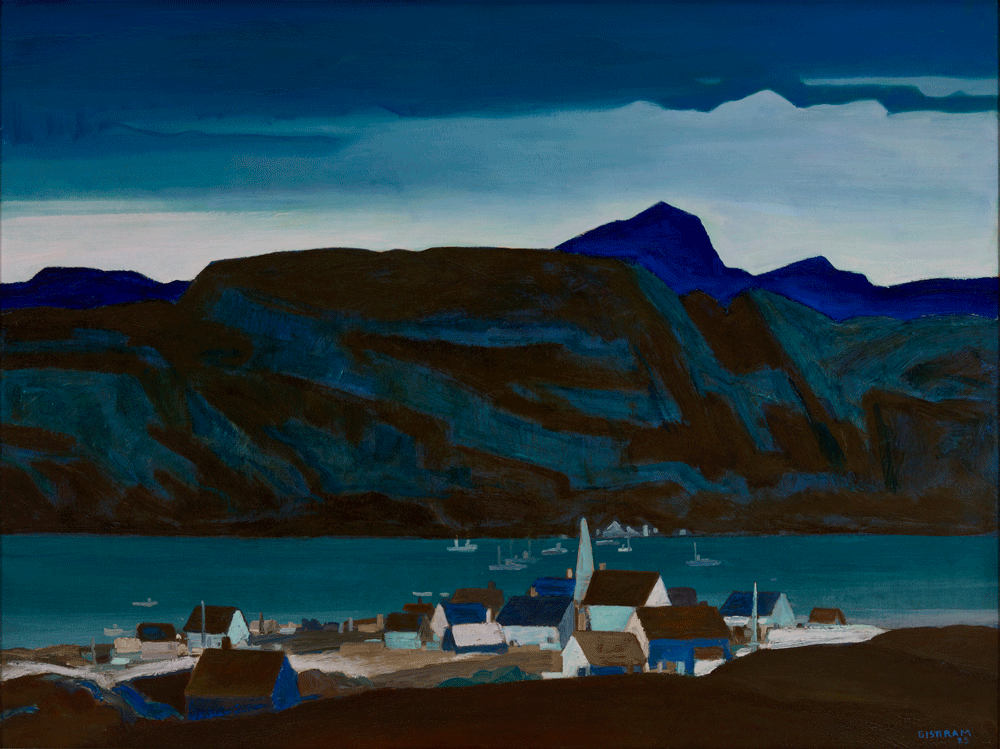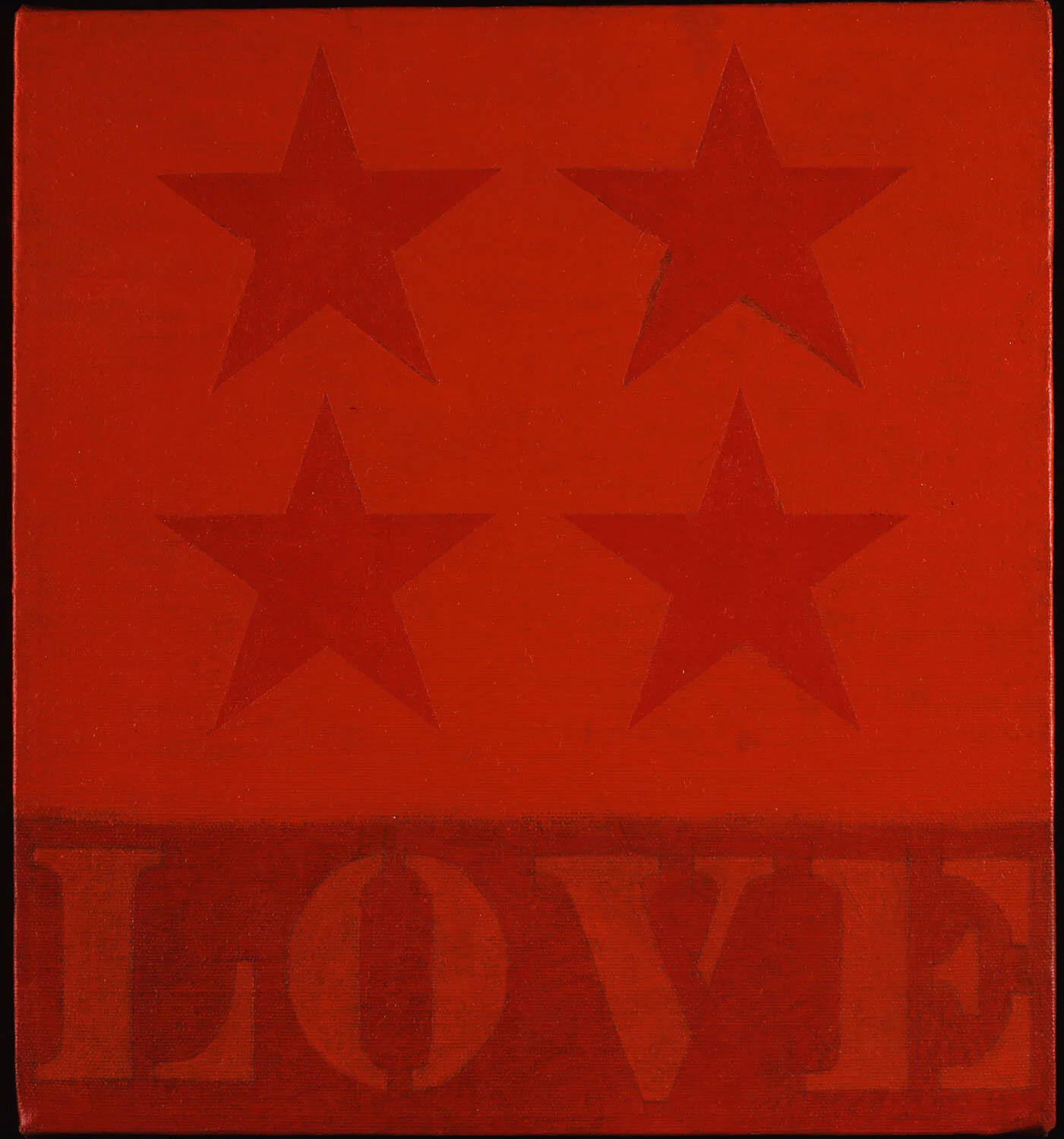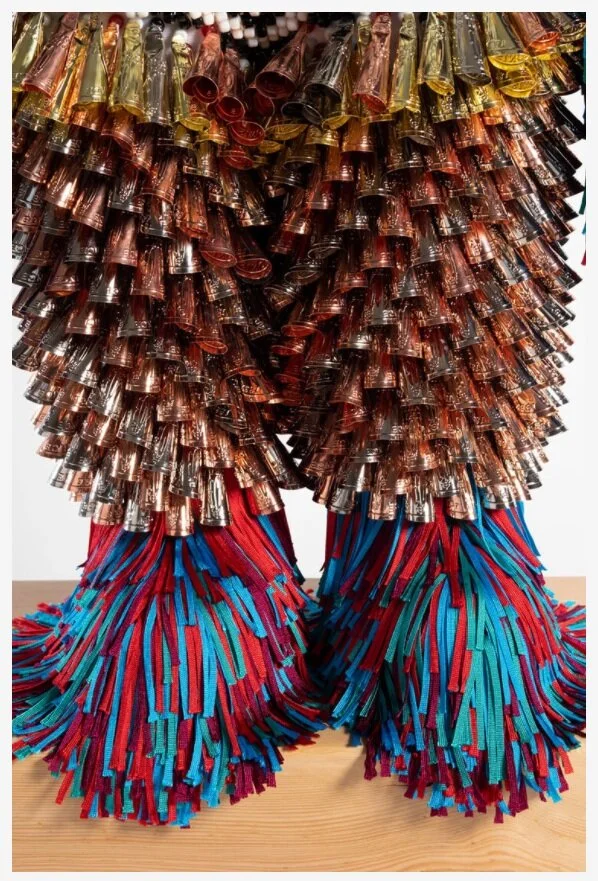YAM is an annual exhibition showcasing the incredible talent in Maine’s art education programs.
Read MoreIn response to the collages featured in the David Driskell: Icons of Nature and History exhibition, artist Rachel Gloria Adams designed an all-ages art-making activity for home or anywhere you like to create.
Read MoreIn this activity, consider how Village of Monhegan, Maine by Emil Bisttram uses a limited color palette to create a mood and use this knowledge to create a collage using common materials found at home.
Read MoreInspired by Ghetto Wall #2 by David Driskell, generate ideas with a poetry brainstorming activity and a visual symbolism exercise to create a found material mixed media collage that reflects your personal experiences.
Read MoreThere is no way to encompass all the stories of what is now known as Maine. Stories of Maine: An Incomplete History represents one effort to gather stories that have shaped this state through the eyes of its peoples. Have a Maine experience, object, or anecdote to share? We want to know. Visit the digital iteration of our Workshop installation and record it at portlandmuseum.org/recorder
Christian Adame and Shalini Le Gall discuss how Juan Genoves's prints function as works of political protest. His artwork, created during Franco's regime, is just as relevant 50 years later.
Read MoreSeveral artists in the PMA’s collection depict windows in their artworks as a symbol of openness, hope, and to bring together two different perspectives. For this activity, we will draw inspiration from the window views in our own homes to create a drawing.
Read MoreRobert Indiana used words as a central theme in his artwork to express the power of language. For this activity, we will choose a single word as the main focus of our artwork to inspire comfort and hope.
Read MoreJustin Richel creates sculptures by stacking objects on top of each other to build tall, playful columns that tell a story. In this activity, we will use books to create a stacked sculpture with words.
Read MoreLearn how to stage self-portraits at home and how artists have long used self-portraits as various forms of self-expression.
Best for ages 8 and up.
Read MoreIn this activity, we'll be folding small boxes and then filling them with images, ideas, or words that relate to the things we hold dear to us. All that is required is knowing what you love, a little creativity, and a few basic materials!.
Read MoreExplore Carrie Moyer’s "Intergalactic Emoji Factory" using movement as a way to connect with the lines and expressive paint layers in this artwork. Movement helps us look at artwork in new and different ways.
Recommended for ages 2-8, and the young at heart.
Read MoreUse your senses to examine Monet's The Seine at Vétheuil and come up with a list of descriptive words. Then, use these words to create a haiku poem meant to be shared with someone.
Recommended for ages 6 and up.
Read MoreCarrie Moyer and Sheila Pepe talk about collaboration as being fun, playful, and experimental. In this activity, you will work with another artist to create two collaborative drawings. You will use a window in your home as a way to observe and frame life outside.
Ages 5 and up.
Read MoreDahlov Ipcar’s Blue Savanna is full of animals! Each of these creatures is doing something; some are running, some are jumping, and some are making animal sounds. Take some time to look at this amazing painting, and see if you can answer the questions below.
Best for ages 3-8
Read MoreIn this activity, you will use simple prompts to write a short story about the figure represented in PEOPLE LIKE US.
Read MoreIn this activity you will delve deeper into looking at the artwork and thinking about its title: PEOPLE LIKE US
Read MoreIn this activity, looking and describing what you see becomes a poem created by the whole group. You will also have a chance to read or perform your poem!
Read MoreTry three different writing activities based on Jeffrey Gibson’s PEOPLE LIKE US.
Best for ages 6 and up
Read More